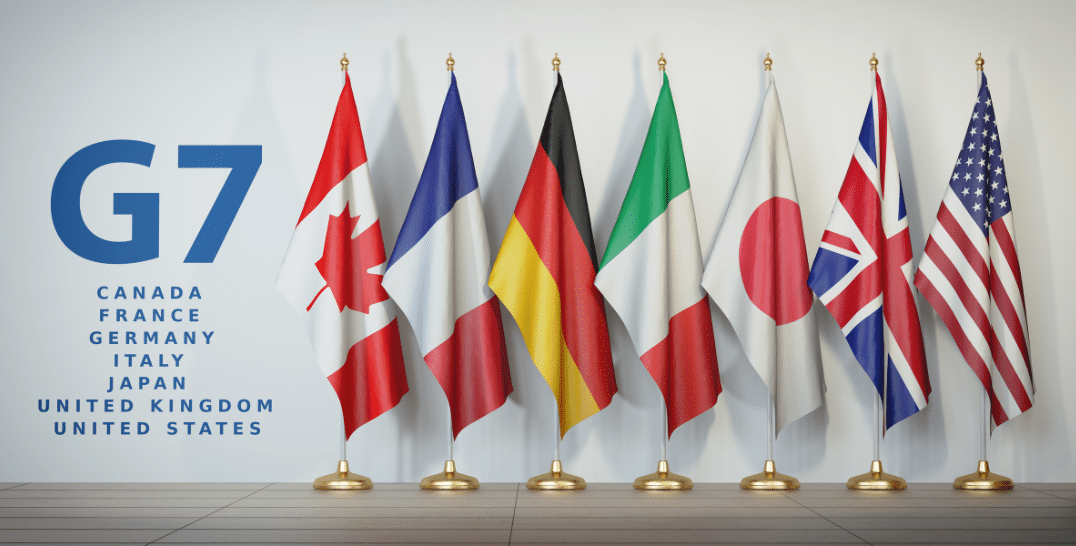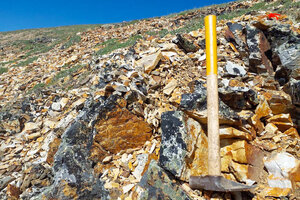Canada is poised to become a reliable supplier of critical minerals to its international allies, including Japan, a senior official said, as the Group of Seven (G7) nations view the mineral as important to climate goals and energy security.
During Japan’s presidency of the G7, the April 15-16 meeting in Sapporo will discuss, among other things, the growing importance of critical mineral resources in the transition to clean energy and the need to prevent financial and security risks arising from vulnerable supply chains and monopolization.
Canada has a joint action plan with the United States to promote secure supply chains for critical minerals and has similar critical minerals cooperation agreements with Japan and the European Union.
“We view this resource has been very strategic, not only from an economic point of view, but also from a security point of view,” Canada’s Minister of Environment and Climate Change Steven Guilbeault who will be in Japan where he will take part in a G7 ministerial meeting on climate, energy, and environment.
Canada’s Minister of Environment and Climate Change Steven Guilbeault speaks during the UN Climate Change Conference (COP26), in Glasgow, Scotland, Britain, November 4, 2021. REUTERS/Phil Noble
China rules the market for critical minerals used to make EV batteries, which are central to developed countries’ carbon reduction goals, and Russia is also a significant provider. Last year Canada asked three Chinese companies to sell their stakes in TSX and venture listed lithium explorers following a national security review.
A central battle between G7 environment and energy ministers this year centers on whether investment in fossil fuels, particularly liquefied natural gas (LNG), can continue and how long coal-fired power plants should operate. Energy-starved Japan wants to keep LNG as a transition fuel to cleaner energy for at least 10-15 years and burns ammonia with coal in its thermal power plants. With the content of climate activists, this approach helps extend the life of coal-fired power plants and support big business instead of reducing coal.
Guilbeault said Canada’s position is that phasing out coal is one of the most effective ways to combat climate change and that there are many alternatives to coal-fired electricity.
“So it’s a message that we are conveying to all of our peers whether it’s Japan, China or India… We are very much aware that any new large investment in fossil fuels infrastructure will be with us for many, many years,” he said.
“It doesn’t mean that there won’t be any more fossil fuel investment. But they have to be very limited, and we have to make sure they are in line with our climate change commitment, not just for 2030, but for 2050 to be net zero.”
This article was published by: MiningIR
Visit the original article here



